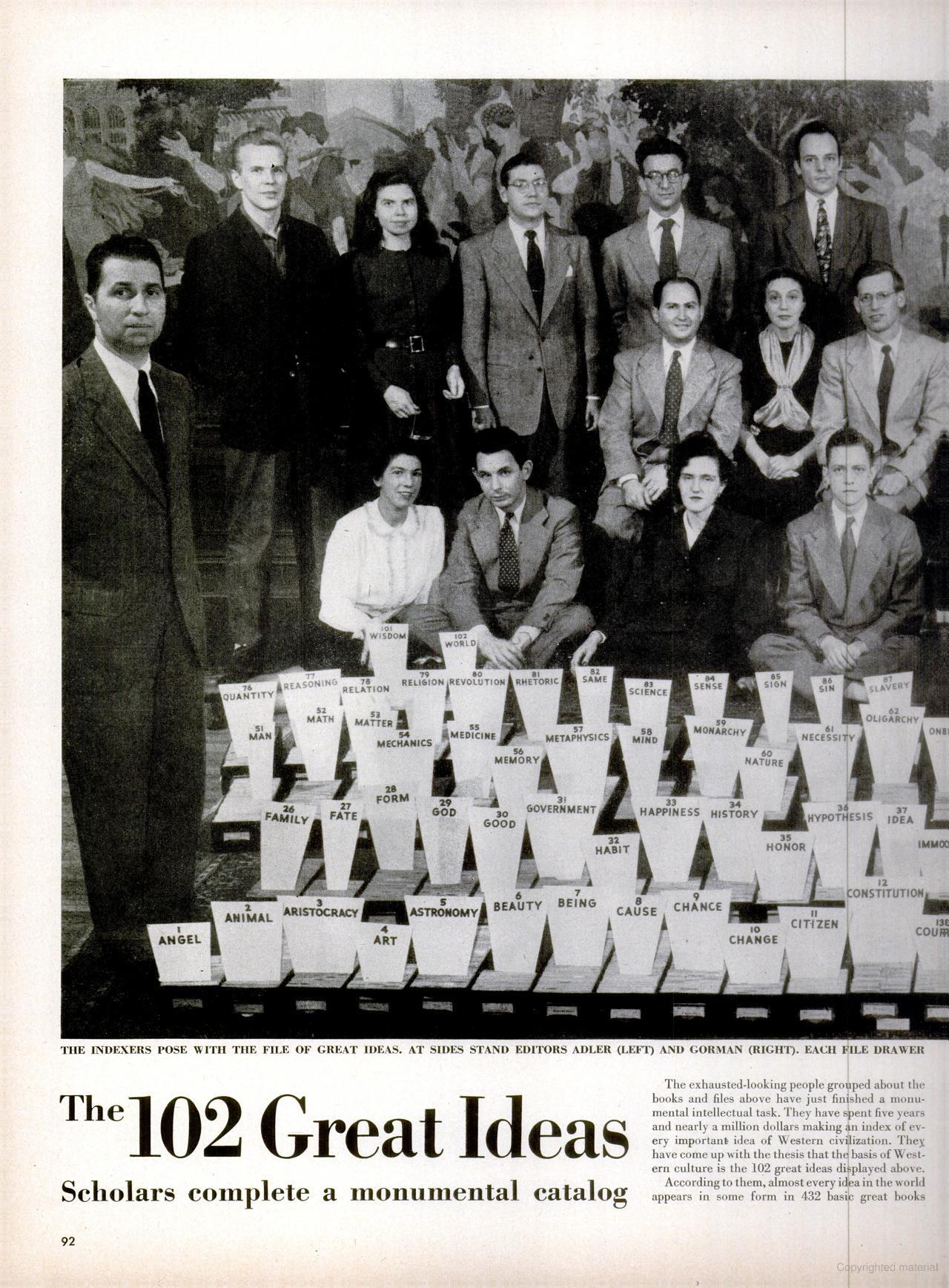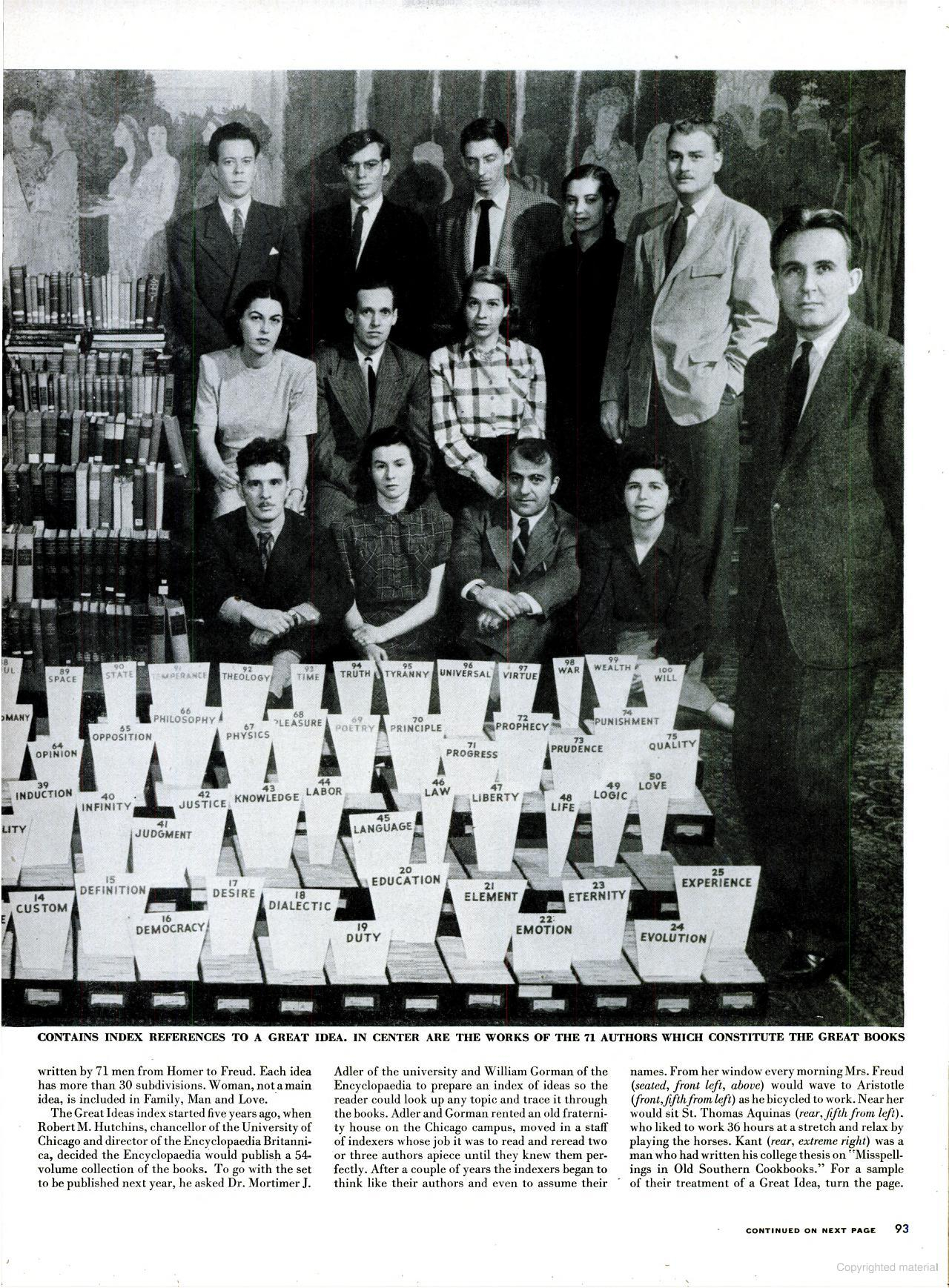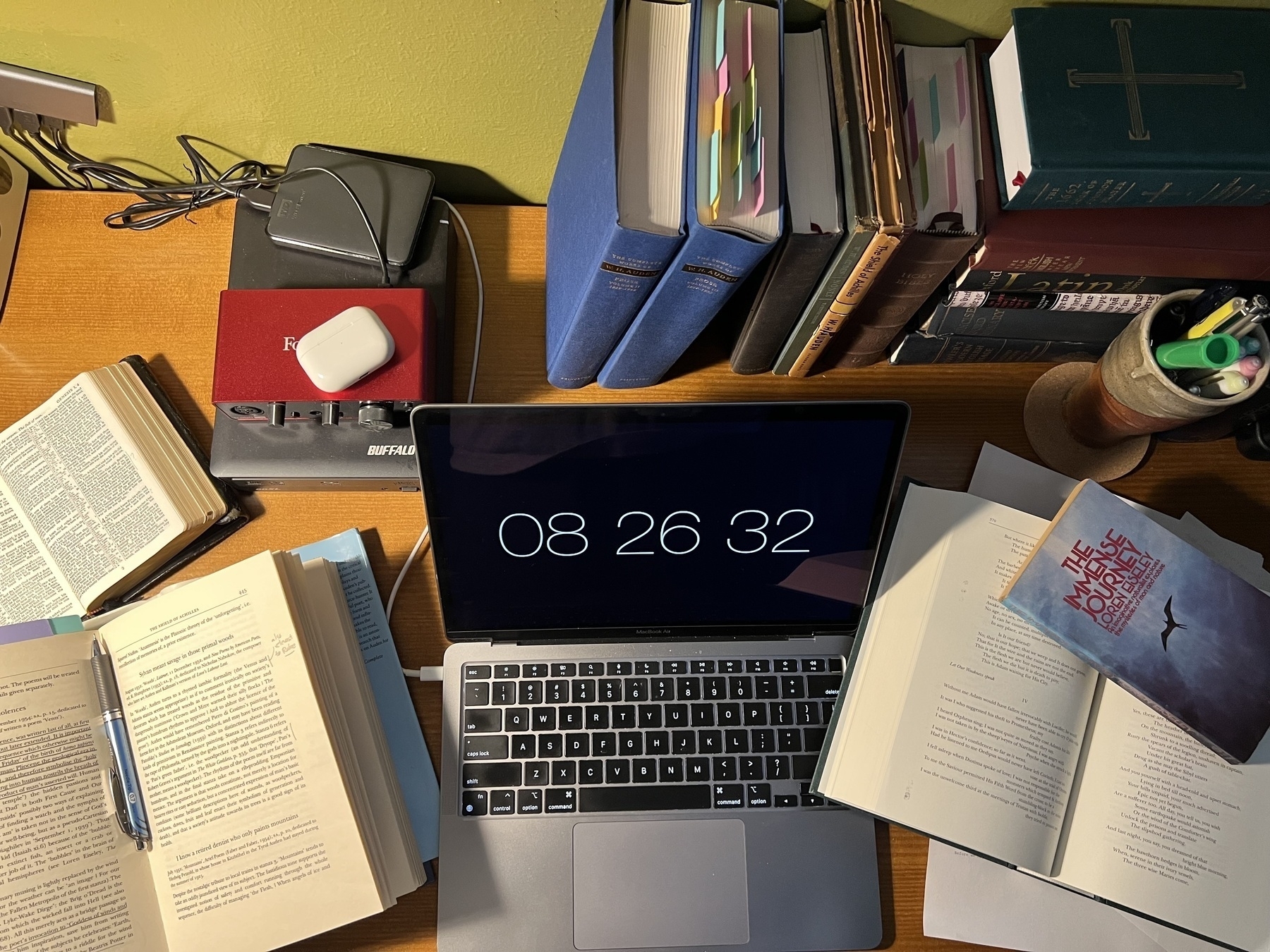Intertwined with its concern over ethnicity and religion, the Orange Order presented an ideal of nationalism that differed from the conceptions being presented by other competing forces in Canada. While other Canadian thinkers of the early-twentieth century began to conceive of the Canadian nation as part of a North American tradition, along with the United States, or as a “northern nation” that, through the crucible of Arctic winters, broke with both the United States and Europe, the Orange Order celebrated Canada’s past and highlighted the accomplishments of the British in North America. As the Order saw it, the devotion of the Loyalists and the rise of an Anglophone hegemony in North America were foundational to Canada’s existence, and both owed their authority to British identity. Indeed, as Scott See points out with regard to the Orange Order’s Loyalism of the nineteenth century, The Orange Order served as a form of connective tissue to link the Old World with the New. It was a complex blend of full-throated dedication to the Empire and unswerving support for Britain’s imperial endeavors, as well as an indigenous pronouncement of colonial identity in North America that applauded the British connection, yet strove to articulate a distinct identity of Britishness. (See Citation2014, 182)
"Intertwined with its concern over ethnicity and religion, the Orange Order presented an ideal of nationalism that differed from the conceptions being presented by other competing forces in Canada. While other Canadian thinkers of the early-twentieth century began to conceive of the Canadian nation as part of a North American tradition, along with the United States, or as a “northern nation” that, through the crucible of Arctic winters, broke with both the United States and Europe, the Orange Order celebrated Canada’s past and highlighted the accomplishments of the British in North America. As the Order saw it, the devotion of the Loyalists and the rise of an Anglophone hegemony in North America were foundational to Canada’s existence, and both owed their authority to British identity. Indeed, as Scott See points out with regard to the Orange Order’s Loyalism of the nineteenth century,
The Orange Order served as a form of connective tissue to link the Old World with the New. It was a complex blend of full-throated dedication to the Empire and unswerving support for Britain’s imperial endeavors, as well as an indigenous pronouncement of colonial identity in North America that applauded the British connection, yet strove to articulate a distinct identity of Britishness. (See Citation2014, 182)"
SPECIFIC BRITISH IDENTITY -> EMPHASIZES THIS AS OPPOSED TO NORTH AMERICAN IDENTITY CURRENTS LIKE AMERICANISM
Flag is connection between Canadians and the British Empire. Again, empty identity though. " “the Flag of our Empire, upon which the sun never sets is the outward and visible emblem of our loyalty to the great British Commonwealth, of which Canada is an integral part” (“Forms” Citation1937). This strain of thought resembled the ideas of imperialists like Stephen Leacock, who before World War I had advocated for greater Canadian participation in British imperial ventures as a means of sharing in the military victories won overseas and the spread of Anglo-Saxon civilization."




